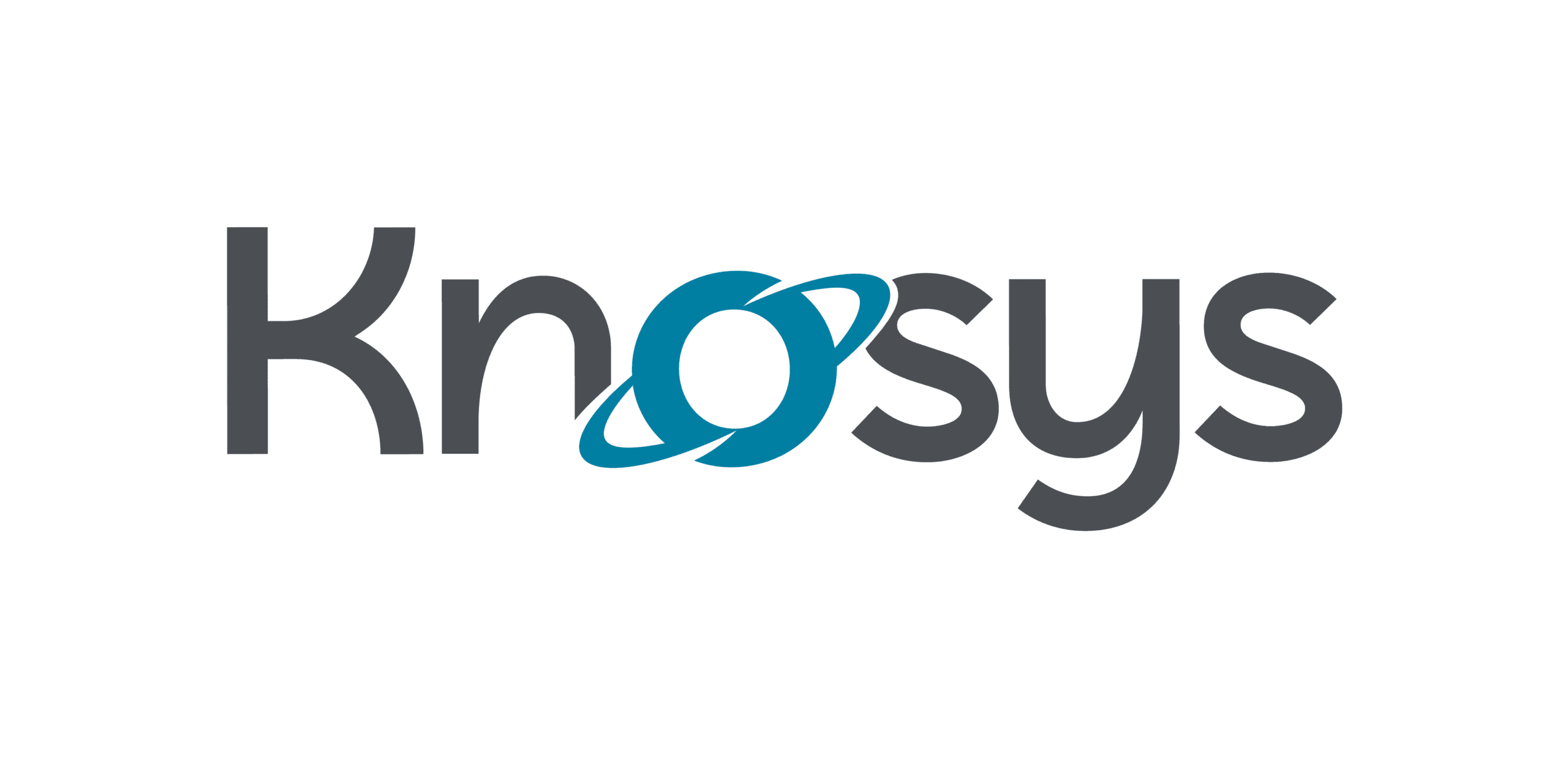You are likely familiar with the concept of IQ as a measurement of human intelligence. Similarly, organisational IQ or organisational intelligence is the measure of an organisation’s intellectual capacity. Often called O.I.Q. or simply O.I., organisational IQ is the capacity of an organisation to create knowledge and use it strategically to improve business outcomes.
What Is Organisational IQ?
In the late 1990s, it was found that human IQ accounted for approximately half the difference in human success. Applying that same notion to organisations, it has been said that 50% of the performance of an organisation could be attributed to its ability to respond intelligently to complexity and change.
While previously organisations may have been seen as a collection of products, processes, employees, profit centres and tasks, they are now viewed as intelligent systems that are designed to manage knowledge.
Why Is Organisational IQ Important?
Organisational intelligence embraces both knowledge management and organisational learning. In this framework, organisations consider knowledge as a strategic asset. They implement knowledge management concepts into the business environment, and other business value network models, such as the balanced scorecard, into management practice.
Just as humans may not necessarily use their IQ to their advantage, the same is true for organisations. Without the ability to capture the knowledge of subject matter experts, share learnings on improvements to processes, or provide access to approved organisational knowledge, many organisations fail to reach their intellectual potential.
Organisational Ignorance
There is great risk to organisations who do not consider knowledge management and organisational learning a key priority to the success of their business.
The types of problems faced by organisations in dealing with their information can be characterised by uncertainty, complexity, ambiguity and equivocality. An organisation’s intelligence, or ignorance, can be measured based on these four dimensions; on its capacity and capability to turn information into knowledge.
Organisational IQ In Practice
These dimensions are not necessarily problems in and of themselves. Organisations are often complex, involving large numbers of people interacting with diverse systems to produce certain business outcomes. It is the ability of the organisation to simplify this complexity that in turn raises its IQ, developing the intelligence of the organisation as a larger system.
Just as humans solve problems through using different forms of intelligence, such as ‘rational intelligence’ or ‘emotional intelligence’, the capacity of an organisation to solve problems is also made up of different forms, or subsystems, of intelligence. These include organisational structure, culture, stakeholder relations, strategic processes and knowledge assets. Each of these subsystems are related to IT in some respects.
Knowledge Assets Are Your Best Assets
Knowledge assets are the intellectual capital of an organisation including actual recorded knowledge and also the knowledge of employees. The ability for an organisation to problem solve is increased when information and knowledge is made available across the organisation.
Creating a simple way for employees to access approved organisational information allows them to better serve clients. The old saying that information increases when shared is a notion relied upon by many large, successful organisations. Many of whom develop a knowledge base that employees can rely upon and revise, supporting the improvement of the organisation’s overall intelligence.
Organisational Learning Changes IQ
The goal of organisational learning is to adapt to changing environments and conditions, and to increase efficiency overall. The rate at which organisational learning occurs varies throughout the organisation, and is impacted on by individual and group learning. Also important is the ways in which an organisation collaborates and shares knowledge with other organisations, known as interorganisational learning.
Organisational learning is impacted on by the proficiency of individuals, the improvements to an organisation’s technology, changes in organisational structures, routines and coordination.
Improving Organisational Intelligence
The combination of organisational learning and knowledge management are key in improving organisational intelligence. Many organisations may not have considered their organsational IQ, however they may know the importance of effectively managing and sharing knowledge assets with their employees, and of implementing learning strategies within the organisations.
There are many methods to improve the intelligence of an organisation, some of which include reducing hierarchies and creating more collaboration, improving the types of conversations and knowledge processing ability of employees, and fostering healthy arguments and constructive rivalry.
